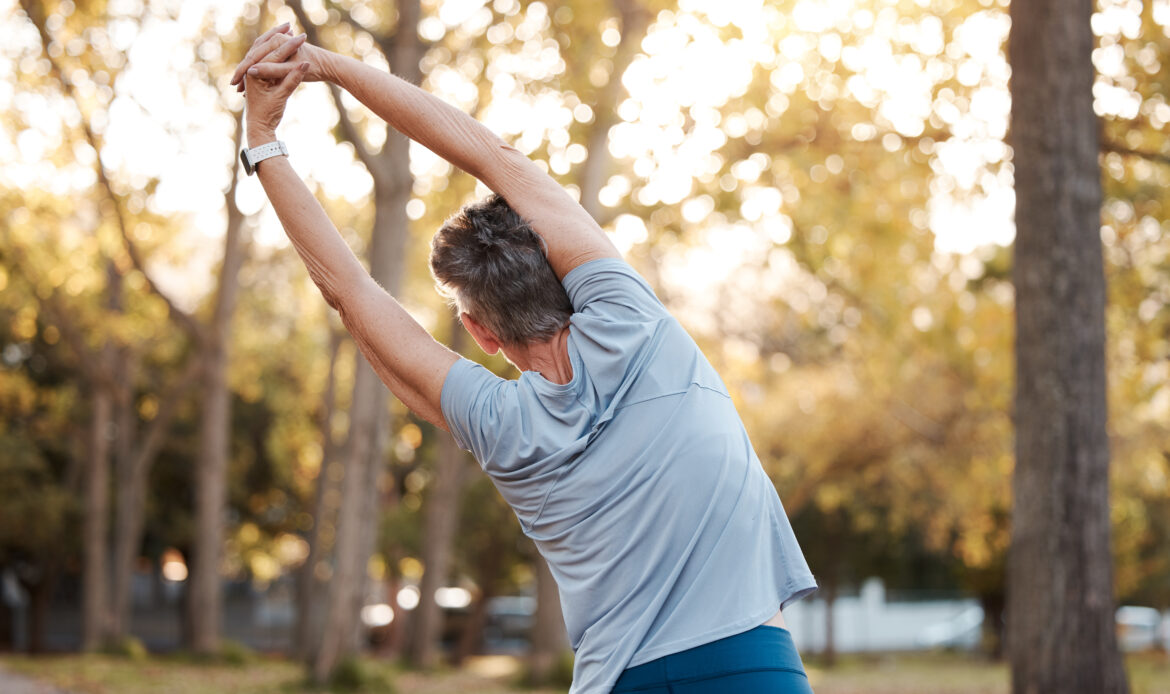Overcoming drug or alcohol addiction is a complicated, personal, and often challenging process. Because addiction affects the body, the mind, and the spirit, the recovery process requires a holistic approach that addresses all of these elements. Recovery is about more than just stopping the use of these substances. Effective recovery is about creating a balanced and more fulfilling life.
At Hickory House Recovery in Greenfield, IN, our licensed therapists understand addiction and know the road to recovery can be bumpy, so we walk hand-in-hand with you every step of the way.

Drug and alcohol addiction is a complex and multifaceted issue that requires a comprehensive, personalized approach to treatment. Our team takes the time to understand your unique set of circumstances, needs and personal challenges to provide the most effective addiction treatment for you. Effective addiction recovery involves a combination of strategies and techniques that are tailored to your needs. By teaching specific coping strategies and techniques, you can face situations with confidence, knowing you are equipped with the necessary tools to overcome those challenges.
Coping with drug and alcohol addiction is a challenging journey, but it is one that can lead to a healthier, more rewarding life. At the heart of successful recovery lies a variety of coping strategies and techniques designed to help you manage cravings, navigate stress, and rebuild your life. According to the National Institutes of Health, one of the most significant factors influencing relapse in drug and alcohol addiction is craving beliefs of substance use.
A study published by the National Library of Medicine about coping skills education found the positive impact of these programs after detoxification among opioid addicts. These coping methods, ranging from mindfulness practices to building strong support networks, are essential tools that empower you to maintain sobriety and develop resilience.
Mindfulness and meditation are powerful tools in addiction recovery. They help you stay in the present moment and increase awareness of your thoughts, feelings, and cravings without reacting to them. Practicing mindfulness can reduce stress, improve emotional regulation, and enhance your overall sense of well-being. Our recovery therapies include art and music therapy, in addition to yoga therapy. Our yoga therapy allows you to focus on mindfulness, meditation and recovery. Mindfulness and meditation is easy and can be done any time. We recommend:
Exercise has long been proven as an effective method for coping with stress and improving your mood. Engaging in physical activity releases endorphins, which are natural mood lifters. Physical activity can also serve as a healthy distraction from cravings and negative thoughts. Our programs encourage exercise which clears the mind and can provide a new, fresh perspective.
Our beautiful Greenfield, IN campus boasts a full-sized basketball court for residents to enjoy outdoor recreation and friendly competition. Yoga combines physical movement with mindfulness, which helps to align the body and mind. Our onsite yoga and meditation room can be found next to the gym and classes are led by licensed instructors. Strength training is important for building physical strength and boosting self-esteem, so our gym and fitness center are fully-equipped with cardio equipment, cable machines, free weights and sauna. We also offer recreational therapy – offsite sand volleyball – which is a great way to release stress and stay focused on recovery.
Having a solid support network is crucial for recovering from drug or alcohol addiction. We encourage you to seek support from friends or family members who understand your journey and can offer encouragement and accountability.
We recommend joining a support group specifically for individuals who are on the road to recovery from addiction, such as:
Alcoholics Anonymous (AA) – We host an AA group weekly in-house.
Narcotics Anonymous (NA), which provides a community of people who understand firsthand the challenges you are facing.
DHARMA Recovery – We also host a DHARMA meeting each week at Hickory House Recovery. It is private to us and in a small group of 3-4 people.
Structure and routine can provide stability and predictability, which are particularly helpful in the early stages of recovery. Developing new, healthy routines can help replace old habits associated with substance use. While in our residential addiction treatment program, we help you learn and develop healthy daily routines. Some tips for creating healthy routines include:
Taking care of your body with proper nutrition and hydration is essential in recovery. A balanced diet can help repair the damage caused by substance use and improve your overall health. Maintain a diet consisting of a variety of fruits, vegetables, lean proteins, and whole grains. Stay hydrated, making a conscious effort to drink plenty of water throughout the day. Avoid sugar and caffeine, both of which can cause mood swings and cravings.
At Hickory House Recovery, we take your nutrition seriously. You can find our resident Executive Chef Haley and her kitchen team preparing healthy meals and snacks for residents each day in the onsite kitchen. Chef Haley has established a garden-to-table program so residents can enjoy home-grown produce from the Hickory Garden. We are proud to offer unique, healthy and therapeutic benefits to our residents.
Understanding what triggers your cravings and learning how to manage them is a key component of recovery. Triggers are different for everyone and can be anything from a source of stress to specific people or places. Here are a few steps to managing your triggers:
Cognitive Behavioral Therapy (CBT) is a highly effective therapy that helps you understand and change the thought patterns that lead to substance use. CBT can improve self-awareness, allowing you to recognize and alter negative thought patterns. It can provide practical skills to manage stress and cravings. CBT can enhance problem-solving and provide effective strategies for handling challenges without turning to substances.
Our CBT program is led by licensed therapists with more than 80 years of combined experience helping people just like you recover from substance abuse and addiction.

Recovery from drug or alcohol addiction is a journey that requires patience, commitment, and a variety of coping strategies and techniques. At Hickory House Recovery in Greenfield, IN, our experienced team is here to support you in your recovery with a warm, compassionate approach that addresses all your unique needs. Whether you are practicing mindfulness, building a support network, or learning to manage the triggers for your addiction, we view every step forward as a victory to be celebrated.
At Hickory House Recovery, we provide an inclusive, welcoming environment. We offer residential treatment, outpatient services, and detoxification addiction treatments and only accept a maximum of 45 clients at a time. Located just outside of Indianapolis in Greenfield, Indiana, Hickory House Recovery provides personalized, comprehensive rehabilitation and treatment to residents in communities in Indiana, Ohio, Kentucky, Illinois, and Michigan.
Contact us online, send us a note via email at info@hickoryhouse.com or call our team today at 1-800-604-2117. Calls are always completely confidential, and we can be reached 24 hours a day, 7 days a week to answer your questions.
Your path to recovery is uniquely yours, but you don’t have to walk it alone. Reach out to our compassionate team anytime; together, we can build a brighter, healthier future.